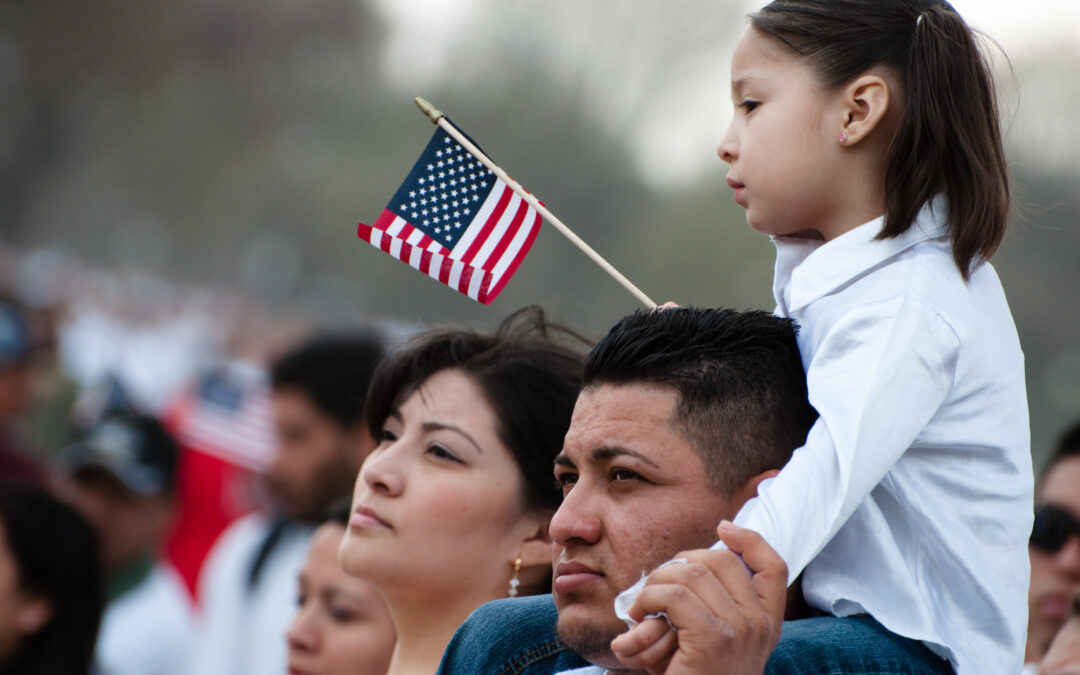With daily news reports of India’s current COVID crisis worsening, President Biden issued the most recent Presidential Proclamation suspending travel on April 30, 2021. Entitled “A Proclamation on the Suspension of Entry as Nonimmigrants Who Pose a Risk of Transmitting Coronavirus Disease 2019,” the Proclamation prohibits entry into the United States by certain foreign nationals who were physically present in India within the preceding 14 days of their attempted US entry. It became effective on May 4, 2021, and will remain in effect until it is terminated by the president based upon recommendations from the Department of Health and Human Services.
The Proclamation applies to many foreign nationals seeking to enter the United States in temporary immigration status. Its scope includes common employment-based nonimmigrant (temporary) categories, such as H-1B, L-1A/B, and O-1. It also includes the B-1/B-2 visitor category.
The India travel suspension only applies to temporary, non-immigrant, immigration categories. It does not apply to travel by:
US Citizens
1. Lawful permanent residents of the United States
2. Spouses and minor children of US citizens or US lawful permanent residents
3. Siblings of US citizens or US lawful permanent residents, if both are single and under 21
4. Parents of US citizens or US lawful permanent residents who are single and under 21
5. Fiancé(e)s of US citizens in the K-1 category.
6. Noncitizen traveling at the invitation of the United States Government for a purpose related to containment or mitigation of the virus
7. Noncitizen traveling as a nonimmigrant pursuant to a C–1, D, or C–1/D nonimmigrant visa as a crewmember or any noncitizen otherwise traveling to the United States as air or sea crew
8. National Interest Exceptions: Including F-1 and M-1 Students and J-1 Exchange Visitors – The Department of State (DOS) has determined that it is in the national interest to permit entry by F-1 and M-1 students, if their programs begin on August 1, 2021, or later.
The Proclamation limits entry into the United States from India. It does not limit the ability of Indian nationals currently present in the United States to remain in the country under the terms of their current immigration statuses. It also does not prohibit Indian nationals from extending or changing their immigration status within the United States if they are otherwise eligible to do so. Indian nationals who are currently in the United States need to review the restrictions that apply to their status carefully when considering travel to India. Indian nationals who fall within the restricted categories may be unable to return to the United States after travel to India.

